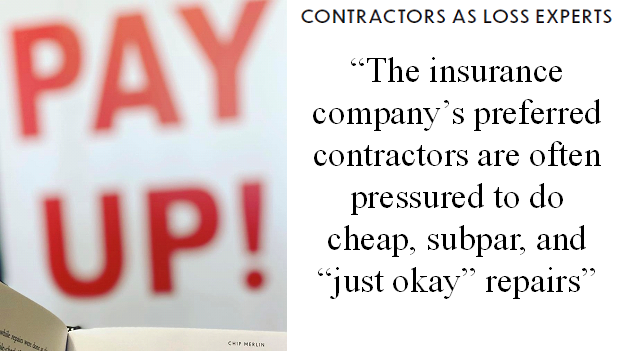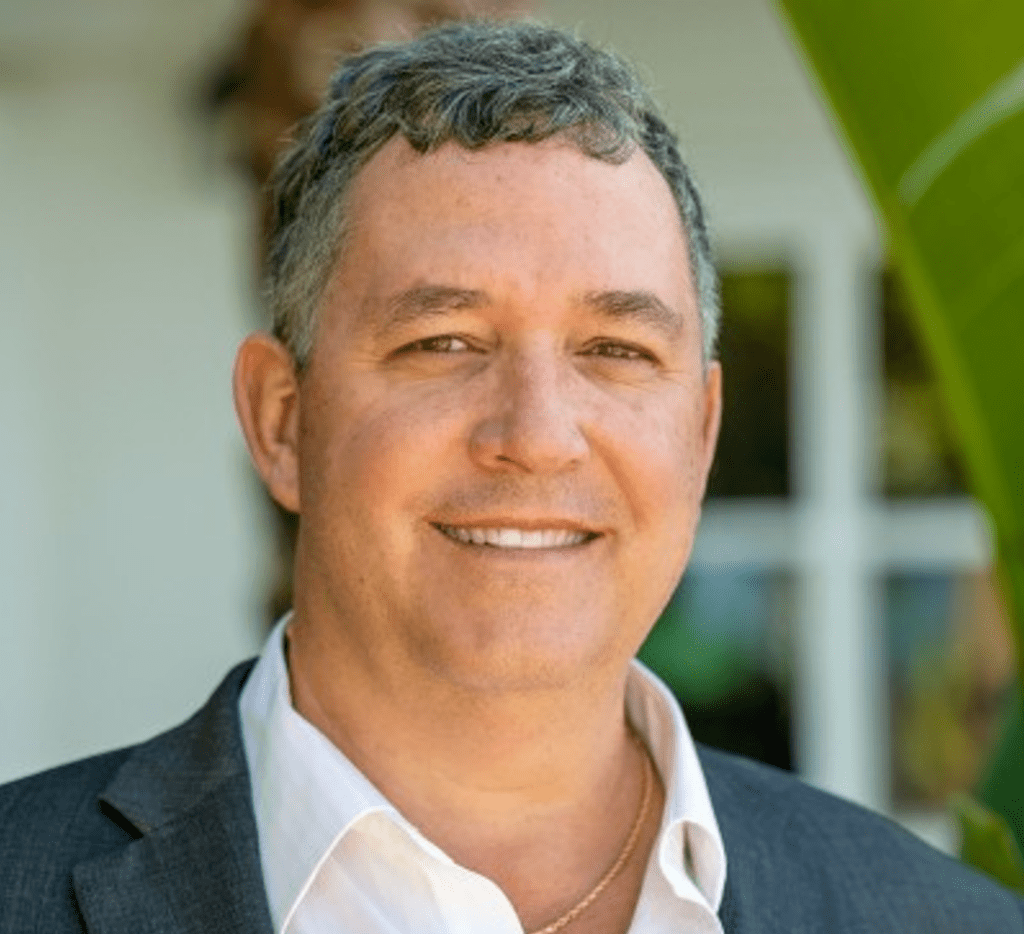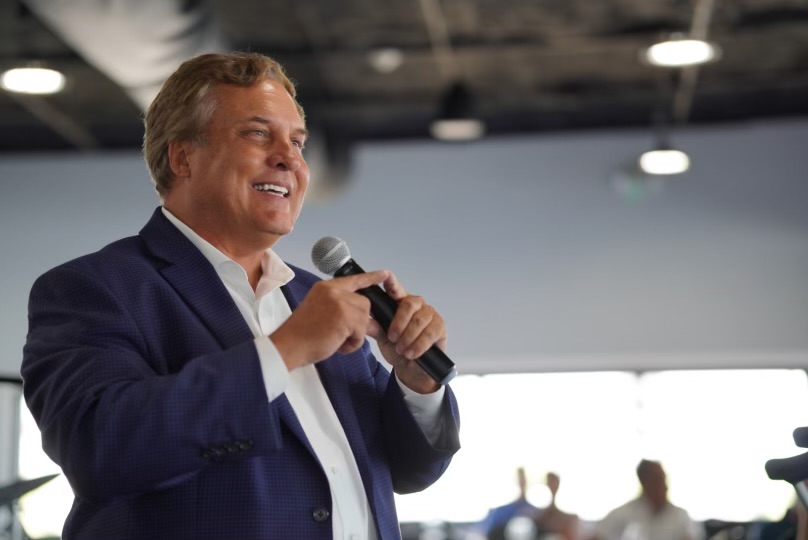The Coalition of Disaster Responders (CDR) held its annual meeting at Captain Anderson’s in Panama City Beach. I love Panama City, Florida. I lived there in the 1970s when my father was the Captain of the Coast Guard Cutter Dependable. I am still a 35-year member of the St. Andrews Bay Yacht Club, which is down in “the Cove” of Panama City. I was honored to be CDR’s keynote speaker yesterday.
CDR is about quality restoration construction. It is not about the “how to get rich by leveraging up” propaganda that yields scamming sales pitches and inferior construction. Many restoration contractors get caught up in false hope. There is a big difference in the culture of quality and legal restoration work versus the scams of managed insurance repair networks and restoration gurus promising quick riches. I have run 38 marathons, and my six best times just above three hours came from slow starts and fast finishes. Doing things right takes time.
This conference was by invitation only. The CDR contractor conference was not about trying to make the convention owners big profits with false promises of quick riches that a contractor feels they will miss if not for attending the conference. The CDR conference was not about hearing from alleged “experts” who are not the most reputable in the field but who “pay to play” and get highlight spots at a conference. There were not the “hot beautiful model women” hired by conference sponsors luring contractors into a false sense of “if you fail to follow our advice, you will lose out.” A lot of convention restoration contractor conferences are marketed by people who never were super successful at quality restoration contracting but try to make themselves appear very successful to lure otherwise entrepreneurial and passionate contractors into giving up their money to them.
This conference was unlike other conferences where there is a not so subtle, “if you fail to sign up and do this, you will lose out” type of deal. I heard contractors with tears give testimonies about other members coming to their aid. Other members freely gave of their time to help others through difficulties of getting a job done or a claim paid. There was discussion of family. There was no “high pressure.” CDR did not entertain otherwise laughable non-experts placed on a “pay to play” social media stage who did not deserve to be there.
A good example of this is from an attorney who spoke before me. Neil Townsend is a young attorney who recently switched from being a partner at a major insurance defense firm to helping policyholders. He was a partner, meaning “successful,” rather than just another associate who could not cut it and moved on to the other side. Many of those attorneys claim, “we know how insurance companies work,” but they were never successful. Neil’s one message was for contractors to document what others say orally and in writing. He is right—often, what is said in the field gets lost at the desk-level adjuster who has another agenda. Neil is an up-and-comer lawyer, and I was happy to finally meet him. He is genuine.
The CDR conference had “Safety Bob” talk about the value of training and the employees who work for owners. Tears were in the eyes of the audience during his discussion. What is it worth to have a training program about safety? Yet, can any restoration contractor tell me of a single instance where the property insurance claims adjuster added any line item costs for this? In comparison to other conferences all about riches, how does employee safety relate to “leveraging up to make millions?” The Coalition has its values right—money comes from doing the right thing over and over with an emphasis on the customer rather than the emphasis on signing up the customer and leveraging profits.
I am against the scamming preferred contractor arrangement. I do not apologize for it. Contractors in such an arrangement know they have made a deal with the devil. In my speech yesterday, I highlighted from my book Pay Up!:

The Coalition of Disaster Responders is against these types of arrangements. Audience members told me how the insurance company adjusters try to get some contractors to “cave in” through non-payment hoping the contractor cannot hold out for a fair profit. I have written a lot about this lately. I feel like a priest in a confessional with restoration contractors formerly in preferred vendor networks asking for forgiveness for what they did while in these programs. Again, CDR is against these arrangements.

Nathan Brooks of Southern Cat (pictured above) helps head up this organization. He told me that the tip of the spear in CRD is the owner/policyholder. When you have the customer as the centerpiece of the conference rather than scaling up and leveraging to make profits, you cannot go wrong in the long run.
Thought For The Day
Quality is not an act, it is a habit.
—Aristotle




